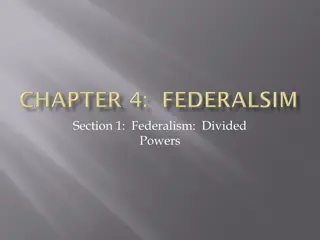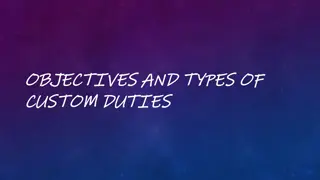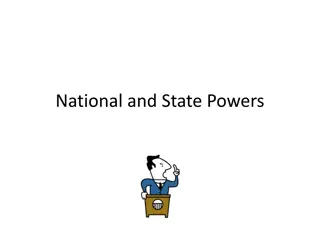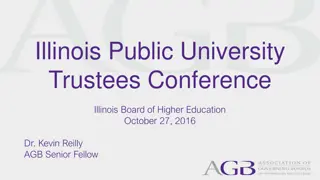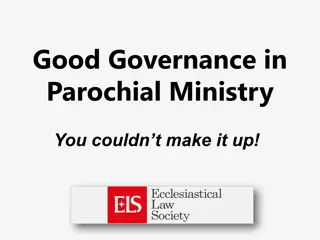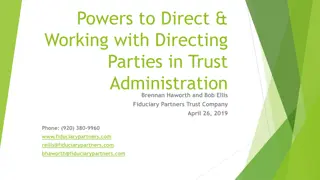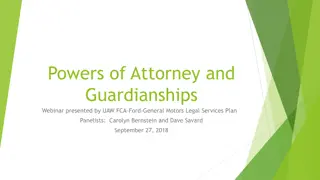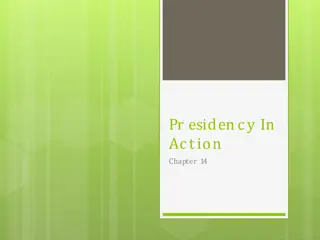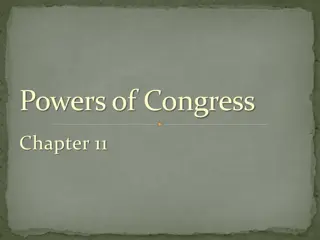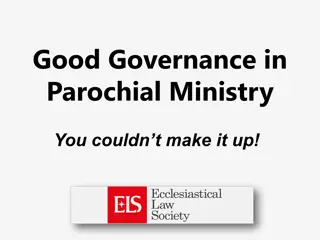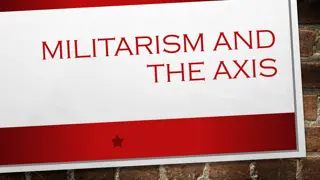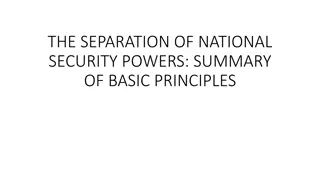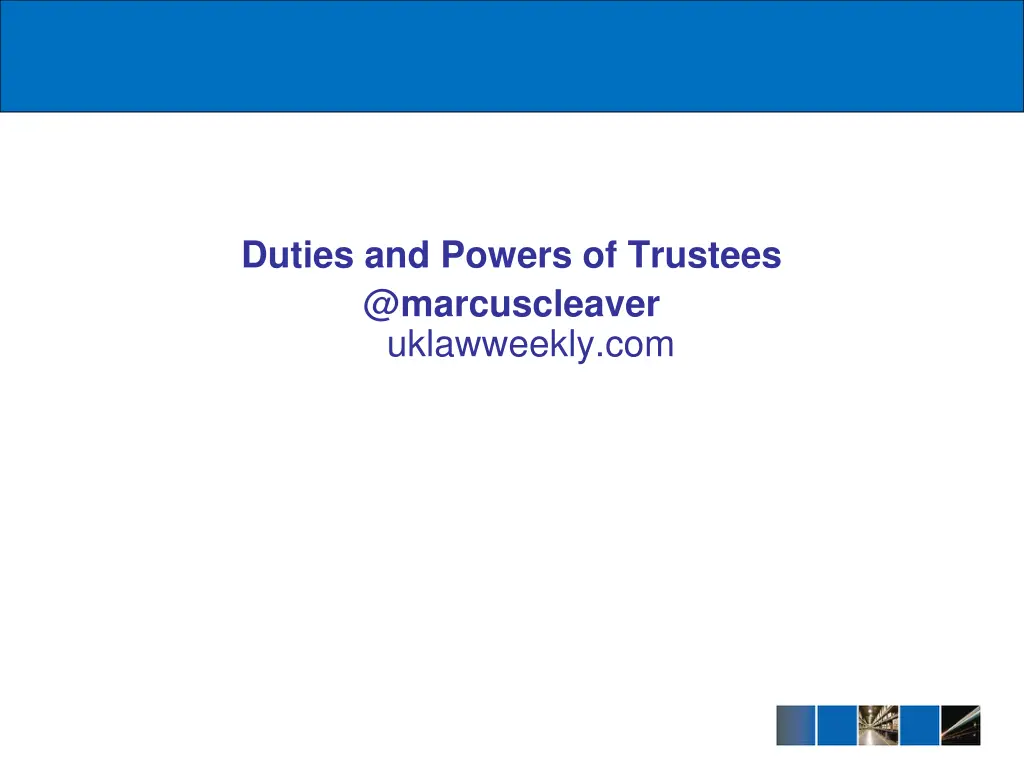
Trustee Duties and Powers Explained
Understand the duties and powers of trustees, including the exercise of discretion, handling bad advice, providing information to beneficiaries, and acting impartially. Learn about the Trustee Act 2000 and the standards trustees must meet in fulfilling their responsibilities.
Download Presentation

Please find below an Image/Link to download the presentation.
The content on the website is provided AS IS for your information and personal use only. It may not be sold, licensed, or shared on other websites without obtaining consent from the author. If you encounter any issues during the download, it is possible that the publisher has removed the file from their server.
You are allowed to download the files provided on this website for personal or commercial use, subject to the condition that they are used lawfully. All files are the property of their respective owners.
The content on the website is provided AS IS for your information and personal use only. It may not be sold, licensed, or shared on other websites without obtaining consent from the author.
E N D
Presentation Transcript
Duties and Powers of Trustees @marcuscleaver uklawweekly.com
Duties and powers Duties: Must be exercised by the trustee Powers: Can be exercised by the trustee
Exercising discretion According to Pitt v Holt [2013] trustees must act: in good faith responsibly reasonably based on the facts often on the advice of experts (e.g. accountants, lawyers etc.)
Exercising discretion Trustees do not have to give reasons for their decisions Re Beloved Wilkes Charity (1851) The courts will only interfere where the trustees have acted in bad faith Klug v Klug (1918)
Bad advice In the past, mistakes based on bad advice could be undone where the trustees had not taken into account relevant considerations or had taken into account irrelevant considerations Re Hastings-Bass [1975]
Bad advice However now a decision based on bad advice will stand if the trustees acted with appropriate care and diligence Pitt v Holt [2013] The only direct remedy is therefore based on mistake although there may be an indirect remedy against the person who gave the bad advice
Duties Trustees have a duty to provide information to the beneficiaries including documentation relating to the trust or property where the beneficiary has a beneficial interest Re Londonderry s Settlement [1965]
Duties Trustees must act impartially between beneficiaries This includes, for example, impartiality between life tenants and remaindermen Howe v Earl of Dartmouth (1802)
Duties s. 1(1) Trustee Act 2000: Whenever the duty under this subsection applies to a trustee, he must exercise such care and skill as is reasonable in the circumstances, having regard in particular a) to any special knowledge or experience that he has or holds himself out as having, and b) if he acts as trustee in the course of a business or profession, to any special knowledge or experience that it is reasonable to expect of a person acting in the course of that kind of business or profession.
Duties The duty of care applies to: investments compounding acquiring land appointments reversions valuations audits insurance
Duties s. 3: A trustee can make any investment that he is allowed to under the trust s. 4: The criteria for investments is based on suitability and diversity s. 5: Trustees must obtain and consider advice about investments when it is necessary to do so
Powers Statutory powers can be amended and/or excluded by the actual trust instrument Under s. 31 of the Trustee Act 1925, money from a trust can be paid to the parent/guardian of a child beneficiary for that child s maintenance/education/benefit
Powers Trustees have the power to advance capital money to any beneficiary for that person s benefit s. 32 TA1925 Anyone with a prior life interest must consent; s. 32(1)(c) Benefit is given a broad interpretation Re Kershaw s Trusts (1868)
Powers The power to buy land is granted by virtue of s. 8 Trustee Act 2000 Decisions can be delegated by the trustee except for decisions relating to: distribution of assets payment of fees from the income/capital of the trust appointing new trustees sub-delegation
Excluding liability The trust instrument can exclude a great deal of liability for loss or damage caused by a trustee Armitage v Nurse [1998] However liability cannot be excluded in cases of fraud

![READ⚡[PDF]✔ Emerging Space Powers: The New Space Programs of Asia, the Middle Ea](/thumb/21554/read-pdf-emerging-space-powers-the-new-space-programs-of-asia-the-middle-ea.jpg)



